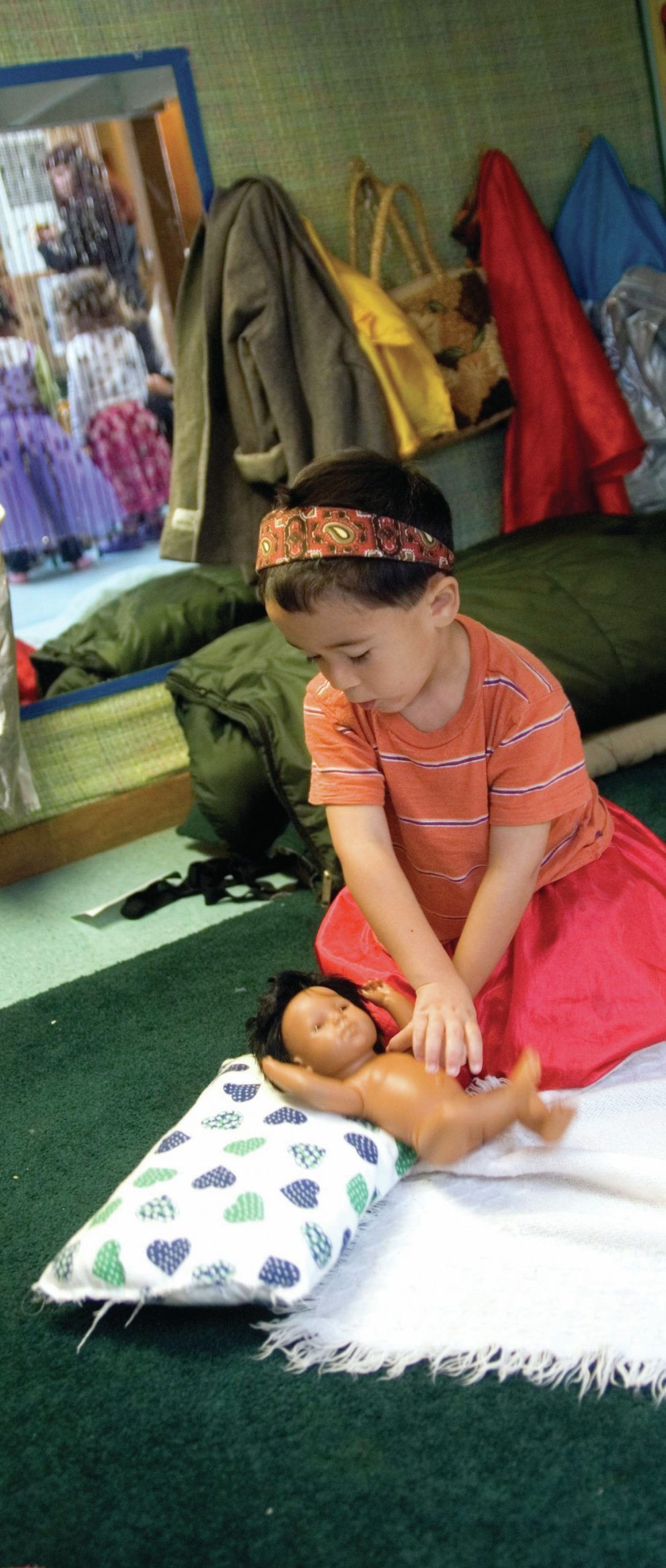
The debate about nature versus nurture is very old indeed. So which is the stronger influence: the way we are raised (nurture) or what we are born with (nature)? People often ask me about this in relation to gender: ‘Is our gender nature or nurture?’ It’s always the same question and I always give the same answer… It’s both. A learning theorist will tell you that we learn to behave the way we do. A nativist will tell you that it’s all in your genes.
Probably the most accessible literature here is the biosocial approach to gender development, which says that our behaviours and behaviour patterns are biologically based. That is to say, we are born male or female and as such our gender-specific behaviour is dependent on our physical, biological classification. A biosocial researcher would then find a study sample of young children, work out whether they are boys or girls (pretty easy to do normally) and then see how their behaviours differ. Simple.
Your organisation does not have access to this article.
Sign up today to give your students the edge they need to achieve their best grades with subject expertise
Subscribe




